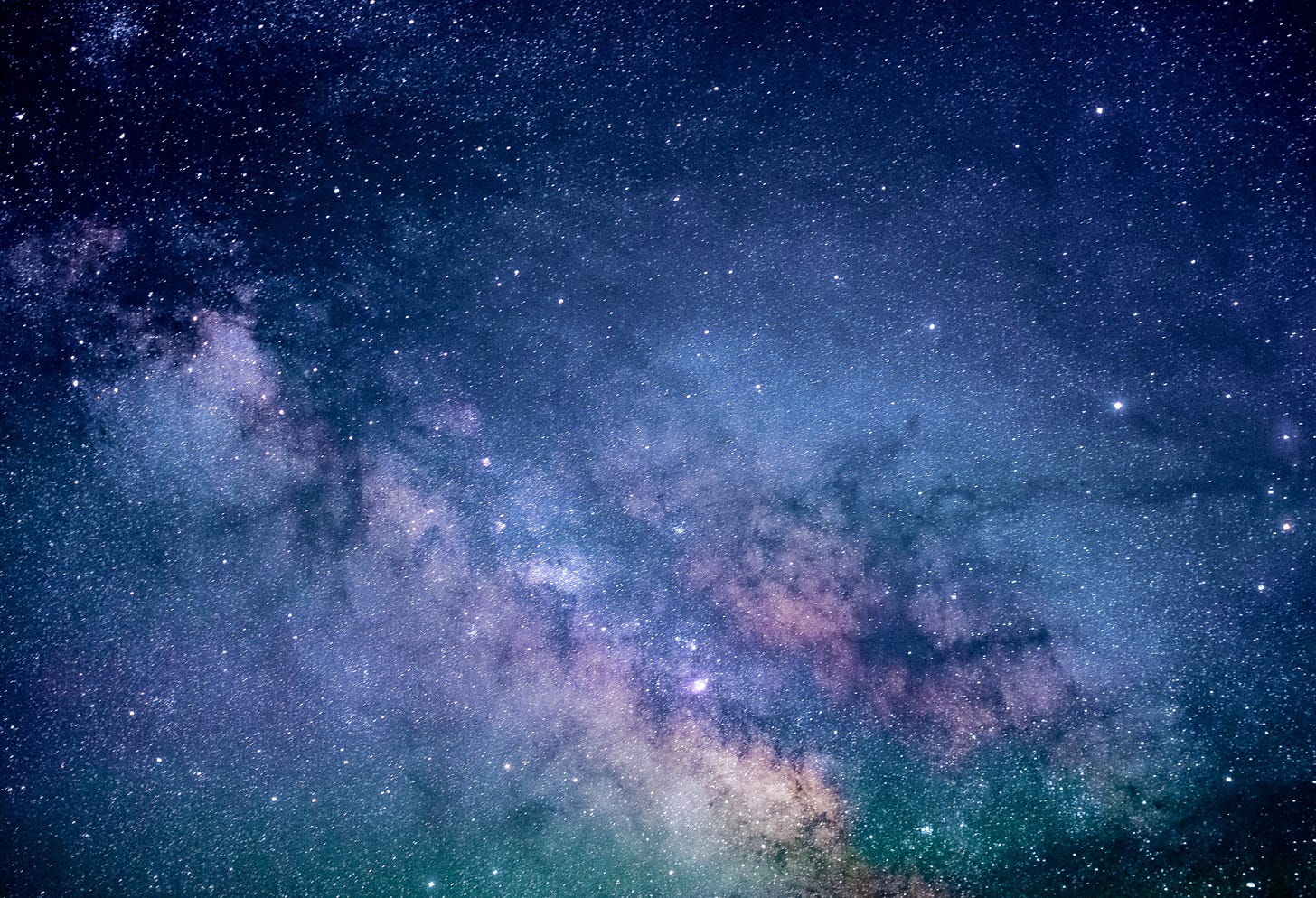Last month on the Novel Pairings podcast, Chelsey and I had a conversation about literary historical fiction. We unpacked what we meant by that term and wondered whether literary as a descriptor in front of genre fiction was becoming more prevalent. That conversation got me thinking about other genres I enjoy reading, especially when they’re given a literary bent, and the one that come instantly to mind is literary science fiction.
It’s funny to me because I wouldn’t call myself a sci-fi reader. In fact, anything sciencey in books tends to make my eyes glaze over. Additionally, I really struggle with books that are exclusively plot-driven. If I would be just as satisfied with someone telling me the plot or reading a Wikipedia summary, I won’t finish the book. This tends to be the case—for me—with a lot of hardcore science fiction.
But literary sci-fi has really been working for me lately. I wrote about the literary descriptor a few weeks back, and I generally feel complicated about that terminology—it’s all relative after all. But for the sake of this post, I’m using the term literary sci-fi to talk about books that are decided not plot-driven and are using the sci-fi genre conventions to offer some larger thematic commentary on the world. Those are very broad definitions, I know, but hopefully it will give you a sense of what’s in store for you if you pick up these books.





